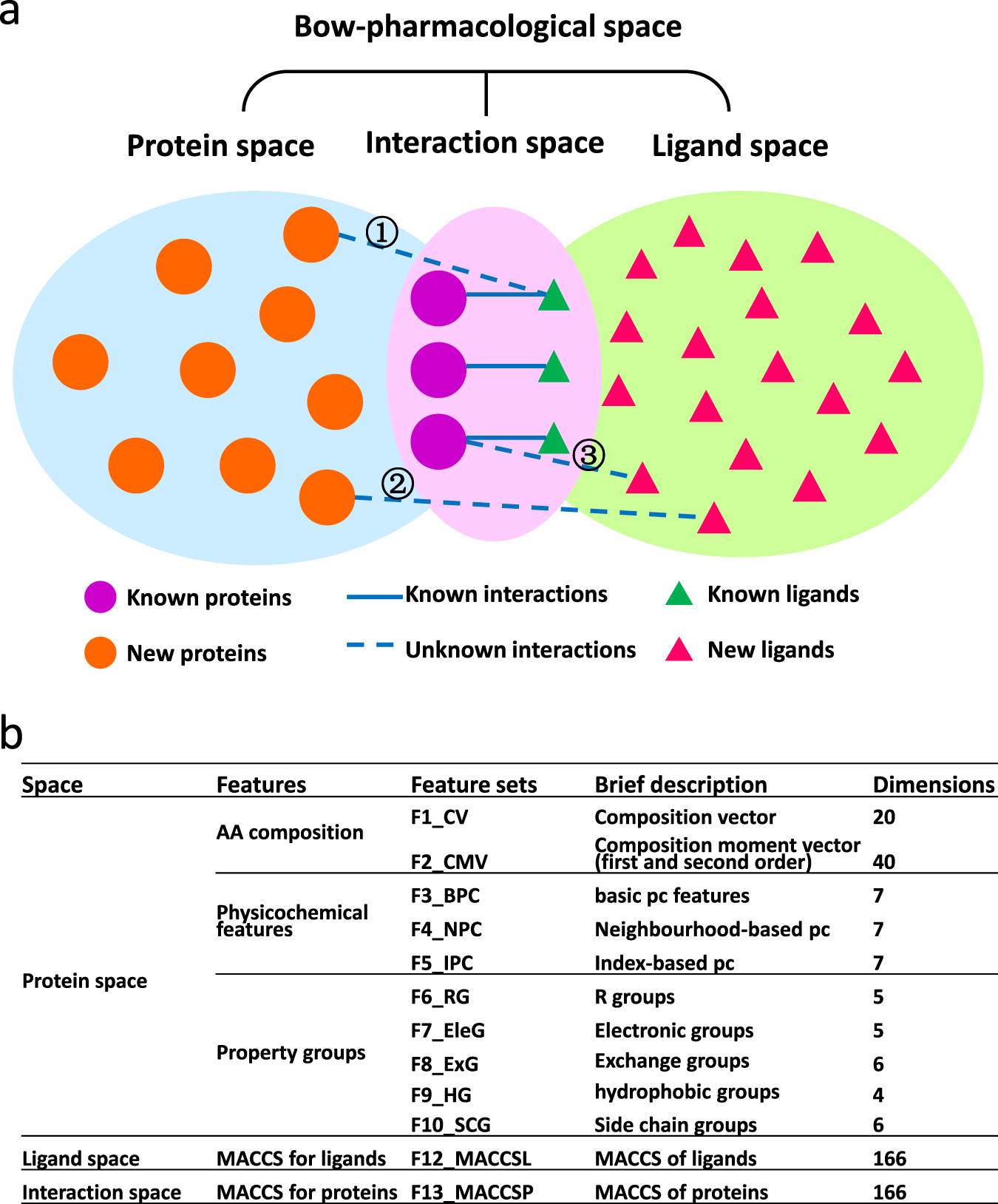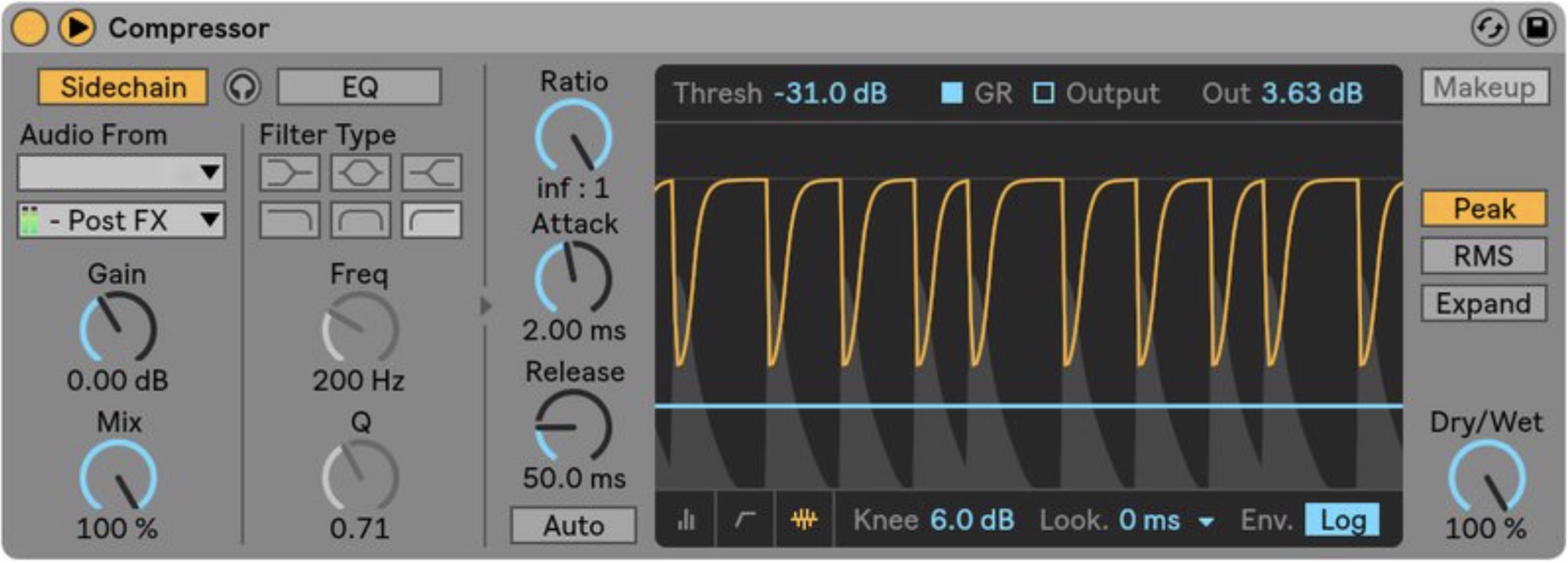

“Drug allergy” is a subset of drug-hypersensitivity that refers to a specific immune response the drug acts as a hapten, and the immune response is directed against a hapten-carrier complex that functions as the allergen. The term “drug hypersensitivity” encompasses immune and non-specific adverse reactions to medications.

We also provide guidance for management of patients at high risk of beta-lactam allergy. We provide recommendations on beta lactam challenge protocols.
Reason 9.5 side chain how to#
We provide recommendations on how to stratify risk of beta-lactam allergy, based on clinical assessment. We provide a summary of negative implications of erroneous beta-lactam allergy labels on individual health and on the health care system, and the positive impact that can be provided by structured allergy assessment.

Herein we provide an updated review of the epidemiology and clinical spectrum of beta-lactam allergy. These treatments may be of lesser efficacy and carry higher a risk of adverse outcomes, including longer hospitalizations, increased risks of antibiotic-resistant and Clostridium difficile infection, antimicrobial toxicity, and greater medical costs. A label of beta-lactam allergy carries important risks for individual and public health, as it is associated with increased use of second-line or broader-coverage antimicrobial treatments. However, the vast majority of individuals labelled as allergic (up to 98%) are in fact beta-lactam tolerant upon appropriate assessment by an allergist. Approximately 10% of the population carry a label of penicillin or beta-lactam allergy.


 0 kommentar(er)
0 kommentar(er)
